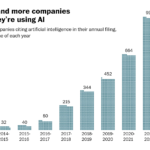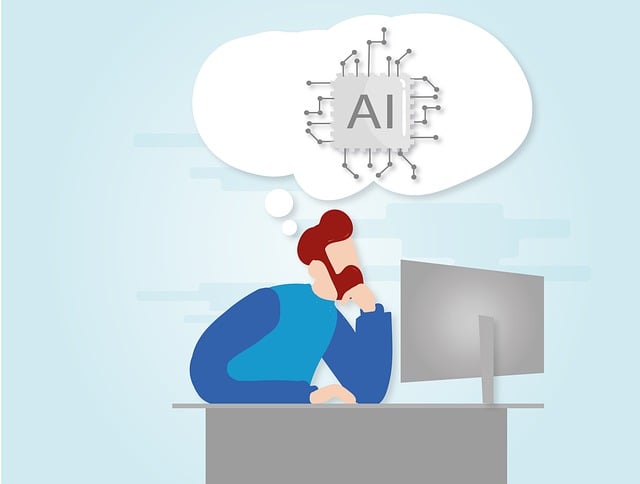The world of technology is constantly advancing and evolving. One of the most exciting developments is the emergence of machine learning, which is a form of artificial intelligence (AI) that enables computers to learn from data and use it to make decisions and predictions. Machine learning has been used in a variety of applications, from medical diagnosis to autonomous vehicles. It has the potential to revolutionize the way we do business and improve efficiency in many industries.
Machine learning is based on the idea of computers being able to learn from data. By analyzing patterns and correlations in large datasets, computers can identify trends and make predictions about future events. This allows machines to make decisions without the need for human intervention. For example, a machine learning algorithm could be used to predict stock prices or detect fraud in financial transactions.
The potential of machine learning is immense, and it is being used in a variety of industries. In healthcare, machine learning is being used to diagnose diseases and monitor patient health. In finance, machine learning is being used to detect fraud and improve the accuracy of credit scoring. In manufacturing, machine learning is being used to optimize production processes and reduce waste. In transportation, machine learning is being used to automate driving and reduce traffic congestion.
One of the main advantages of machine learning is its ability to automate processes. By automating repetitive tasks, machine learning can reduce the amount of time and effort required to complete a task. This can lead to increased efficiency and cost savings for businesses. Additionally, machine learning can be used to identify patterns and trends in data that may not be immediately obvious to humans. This can help businesses make better decisions based on data-driven insights.
Another advantage of machine learning is its ability to improve accuracy. By analyzing large datasets, machine learning algorithms can identify patterns and correlations that may not be obvious to humans. This can lead to more accurate predictions and decisions. For example, a machine learning algorithm could be used to analyze customer data to identify potential customers who are likely to purchase a product.
Finally, machine learning can be used to improve customer service. By analyzing customer data, machine learning algorithms can identify customer preferences and make recommendations based on those preferences. This can lead to better customer experiences and increased customer loyalty.
In conclusion, machine learning is a powerful tool that can revolutionize the way businesses operate. By automating processes, improving accuracy, and improving customer service, machine learning can increase efficiency and reduce costs. As the technology continues to evolve, it will no doubt be used in more and more applications and industries.











